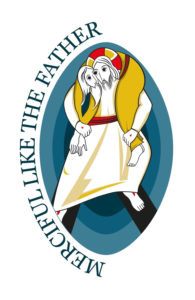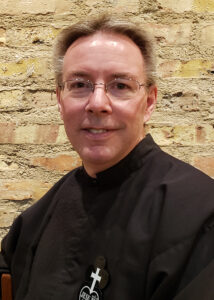Isaiah 9:1-6
Philippians 4:6-9
Matthew 5:1-12a
Reflection:
Today we are praying for peace and justice. So very often we do so thinking of other areas of the world. We are fervent in our prayers for resolution of conflict in the Middle East, or the Ukraine, or North Korea. We seldom think of ourselves as in need of these specific prayers in the United States. Yet here we are with a day dedicated to just such a spiritual exercise. The “why” of this day is easy. January 22, 2016 is the forty third anniversary of the Roe vs Wade decision of the Supreme Court which in effect declared the child within the womb as a “non human being” and therefore not entitled to life, liberty or the pursuit of happiness. They did not say what the child within the womb is, only what it is not and therefore not entitled to legal protection. A country which bases its principles of society on such conclusions is just as much in need of a multitude of prayers as a place like Syria, Iraq, or the Holy Land.
Our Scriptures today help us to know how intensely we should pray. Isaiah addresses a future time when those shrouded in darkness are ushered into a great light. Their inability to see, to understand the truth, to discover the overwhelming presence of God’s life and love in the world will be remedied. The prophet is talking about the promise of a savior. We who have faith in the Lord Jesus understand Isaiah to be speaking of Jesus who is born to us as Wonder-Counselor, God-Hero, Father-Forever and Prince of Peace. It is He who will bring peace forever and justice for all. The beatitudes of St. Matthew’s gospel invite us into the heart of Christian living. These are the virtues which characterize those who profess belief in the Lord Jesus . Generosity of heart and detachment in favor of the heavenly kingdom, meekness and mildness in favor of civility in relationships, strength in tragedy as we mourn and move forward in life, a burning hunger and thirst for righteousness calling us to be bold in professing by our words and actions the principles of faith that direct our minds and hearts, a forgiving heart toward those who offend and harm, open hearts which seek and recognize God’s life and love all around in the world, hearts which seek to establish the lasting and abiding peace that comes from God, and finally perseverance in professing belief in the essentials of what it means to have life in Christ.
Such virtues of the beatitudes invite us to a deeper appreciation of all of our relationships. In so doing, we are pushed toward a far wiser and ever greater reverence and respect for all of life. Every life matters. In a special way, the innocence of the unborn human person demands our reverence and respect. We are called to propel that very same reverence and respect to every human person from conception to natural death without reference to race, economic status, ethnic origin or even faults or serious failures.
That’s a pretty tall order. We are able to see why it is we, as a country, are in need of intense prayers for our country and ourselves. We have a ways to go but we have the encouragement we need from St. Paul in our second reading today. He tells us to have no anxieties but persevere in making our petitions known to God. Although there may be some darkness to deal with, we should focus on the good, the excellent, the honorable, the pure, and whatever is worthy of praise. Each of us and our country has much to focus on in such a way. Today, we are called to further the march toward fullness of light to guide our way in respecting life in the womb. Only then will the fullness of God’s peace reign in our hearts, our lives, and our society.
Fr. Richard Burke, CP, is a member of St. Paul of the Cross Province. He lives at St. Ann’s Monastery in Scranton, Pennsylvania.









